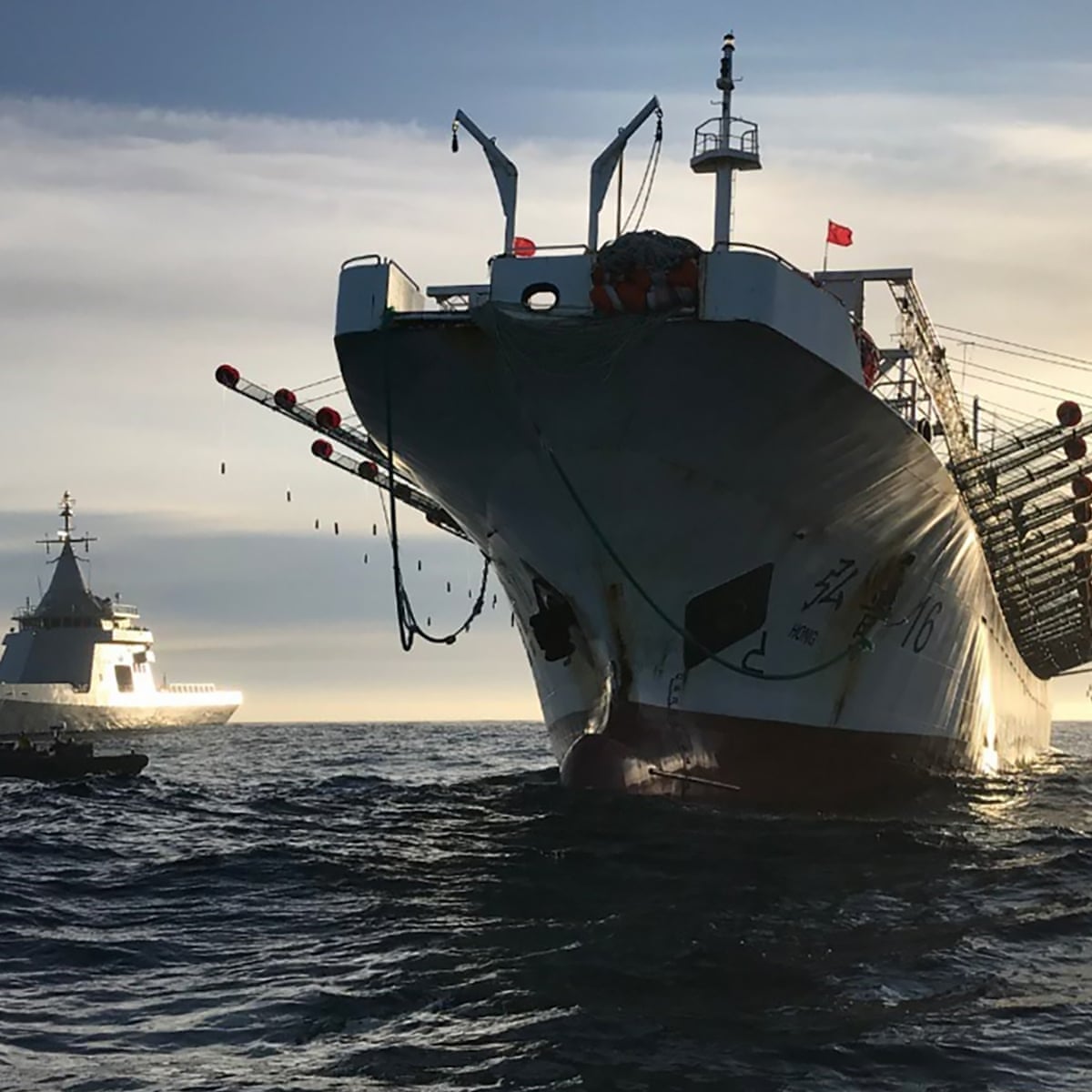Facebook Twitter (X) Instagram Somali Magazine - People's Magazine
The Puntland Maritime Police Force (PMPF) has carried out a major crackdown on illegal fishing along the coast of Puntland, seizing several foreign vessels accused of violating Somali territorial waters. Authorities said the week-long operation targeted foreign boats that were unlawfully exploiting the region’s rich marine resources.
According to Puntland officials, the coordinated operation was conducted across multiple coastal areas and led to the capture of seven vessels in total. Three of the boats were owned by Yemeni nationals, one belonged to Iranian citizens, and three others were support vessels used in the illegal fishing activities. The Puntland Ministry of Finance, which announced the results of the operation, said the seizures were part of a broader campaign to protect the region’s maritime economy and uphold the law against unlicensed fishing.
Two of the Yemeni-owned boats have already been taken before the Baargaal District Court. The court imposed fines and other penalties under Puntland’s anti-illegal fishing laws, sending a strong message that foreign vessels exploiting Somali waters without authorization will face consequences. Meanwhile, one Yemeni and three Iranian boats, carrying a total of 45 crew members, have been transferred to Bosaso. Authorities said the crew will face formal legal proceedings in accordance with Puntland’s judicial system.
The Puntland Ministry of Finance and the Puntland Tax Enforcement Force jointly issued a warning to all individuals—both Somali and foreign—engaged in illegal fishing or assisting those who do. The statement emphasized that Puntland will not tolerate activities that harm its coastal economy and marine environment. Officials said legal action would be taken against anyone found violating maritime laws, and further warned that those who attempt to resist or obstruct enforcement efforts will face prosecution under Puntland’s judicial and security laws.
Illegal fishing has long been a serious challenge for Somalia, particularly in coastal regions such as Puntland, where foreign vessels frequently enter local waters without permission. These activities not only deplete fish stocks but also rob local fishermen and communities of vital income and food security. For decades, foreign trawlers have taken advantage of Somalia’s weak maritime monitoring capacity, often operating with industrial equipment that damages coral reefs and disturbs the ecological balance of the ocean.
Local communities have welcomed the latest crackdown, viewing it as an important step toward restoring control over Somalia’s coastal resources. Fishermen in Puntland have repeatedly complained that illegal foreign fishing fleets outcompete small local boats and cause economic hardship. The PMPF’s recent success is therefore seen as a move that not only enforces the law but also defends the livelihoods of coastal families who depend on the sea for survival.
Puntland authorities reaffirmed their commitment to strengthening maritime surveillance, enhancing cooperation among enforcement agencies, and working with regional and international partners to safeguard Somali waters. They said the ongoing operations demonstrate Puntland’s growing capacity to protect its natural resources and ensure that its maritime laws are respected. The government also encouraged foreign nations to educate their fishermen about Somali maritime boundaries and regulations to prevent future violations.
The PMPF’s operation serves as a reminder that illegal fishing is not just an environmental concern—it’s also a matter of economic justice and national sovereignty. By holding violators accountable, Puntland is taking a firm stand to preserve its marine wealth for future generations and promote sustainable fishing practices within its jurisdiction.

